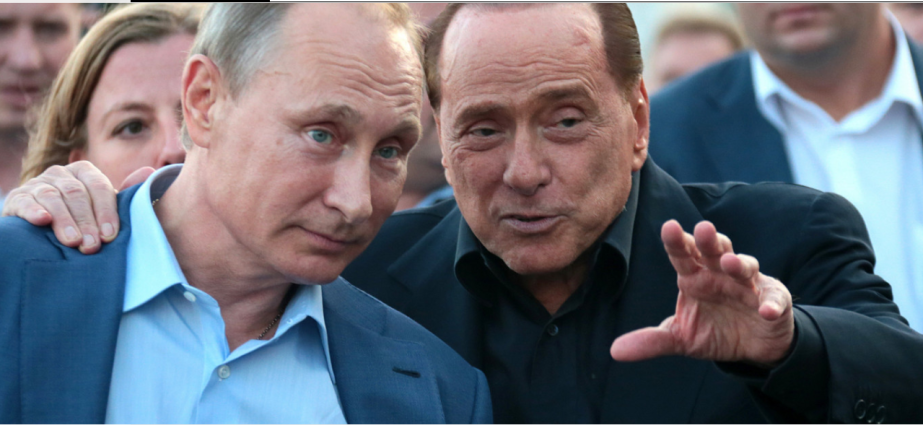Strasbourg 13.06.2023 MOSCOW, June 12. /TASS/. The Italian Senator Silvio Berlusconi will be honored in a state funeral in Milan cathedral on Wednesday, June 14, the Curia said.
Berlusconi was Prime Minister for nine years in total, making him the longest serving post-war Prime Minister of Italy.
President of the Republic Sergio Mattarella is expected to attend, sources said Monday, June 13.
Meanwhile, sources said Berlusconi’s body was transferred to his home at Villa San Martino in Arcore, near Milan, on Monday June 12 before being laid out for people to pay their respects starting Tuesday 13 June at the production centre of his Mediaset television empire in Cologno Monzese, ANSA news agency writes.
Berlusconi leadership skills and charisma and his ability to maintain strong and close foreign relations with both the United States and Russia was appreciated by many.
Russian President Vladimir Putin said that he feels deeply aggrieved over the death of former Italian Prime Minister Silvio Berlusconi, who was a true friend and person whom he held dear.
“For me, Silvio was a dear man and a true friend,” Putin said in a message of condolence to Italian President Sergio Mattarella.
“I have always sincerely admired his wisdom and his ability to make balanced, far-sighted decisions even in the most difficult situations. During each of our meetings, I was literally charged with his incredible vitality, optimism and sense of humor,” Putin shared his memories of Berlusconi. “His death is an irreparable loss and a great misfortune.”.
Putin called Berlusconi a remarkable person with whom the most significant events in Italy’s recent history were associated.
“A true patriot, Silvio Berlusconi has always put the interests of his country above everything else. Being at the helm of the Council of Ministers and holding other important governmental posts for many years, he did a great deal for the economic and social development of the country and for its firmer foothold in Europe and in the world arena,” Putin said. The Russian underlined that Berlusconi was rightly considered the patriarch of Italian politics and enjoyed high international prestige.
The President drew particular attention to the fact that Berlusconi had made a truly invaluable personal contribution to the development of mutually beneficial Russian-Italian partnership.
“In Russia, Silvio Berlusconi will be remembered as a consistent and high-principled supporter of strengthening friendly relations between our countries,” Putin believes. He asked the Italian President to “express sincere sympathy and support for Silvio’s relatives and friends.”
“I wish everyone fortitude in the face of this great loss,” Putin wrote.
Berlusconi’s death was reported by Corriere della Sera on Monday, June 12. The veteran and heavyweight of Italian politics, founder and permanent leader of the Forza Italia! (Forward, Italy!) party, who led the government three times, died at the age of 86.
Putin and Berlusconi first met at the G8 summit in Genoa in 2001. They held dozens of one-on-one business meetings over the years in politics and at various international forums in Russia and Italy and in many other countries. Putin and Berlusconi not only worked together, but were on friendly terms for more than 20 years.











